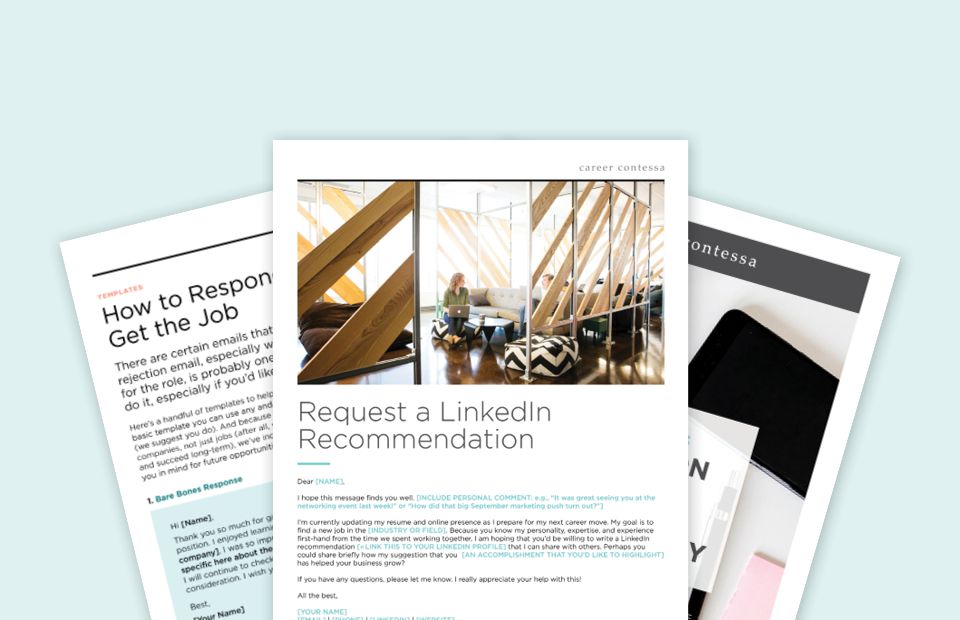First, take some time to congratulate yourself.
You survived the exhaustion of on-campus interviewing,
you got your first job, you got some experience, and now you’re a successful
lawyer. You know what you want and you’re going after it. Celebrate your confidence—celebrate your competence.
This interview process will be much easier than on-campus interviewing—but if you need help preparing for those interviews, we’ve got you covered. You now have work experience to discuss, and you aren’t competing with classmates for the same generic position. More importantly, you know (or have a better idea) of what you want.
Lateral interviews are much less likely to have the “tell us about law school” and generic “
what are your strengths and weaknesses” questions. Instead, the interview will be focused around three themes:
- Your work experience
- Your reasons for leaving
- What you want
Let’s walk through them.
InTERVIEW QUESTION: What DO You Do In Your Current Position?
A law firm hiring for a lateral position is looking for you to fill a specific role in a specific practice group. The interviewer will want to know if you have the skills to fill that role—so the
bulk of the interview will be discussing your current job.
First, identify whether the position you are interviewing for is exactly what you currently do, or if it’s a transition (and how big of a transition it is.) Second, review your work and re-familiarize yourself with your past cases or deals. You want to be able to point to specific examples of what you have worked on, and show that you know what you’re talking about.
If the job is a shift from what you currently do, still talk about your work—but rather than the specifics, focus on the skills that it takes to do your current job, and how those skills translate to the new position. Your main objective should be to show by example that you can jump right in and take on the work without any hand-holding.
Discussing your past work should always be framed in how you took ownership of the work. The interviewer doesn’t want to hear a list of tasks. She wants to hear
how you got an assignment and added value. Instead of saying you do research and writing, give an example of a case where you discussed various issues in the case with the partner, handled the research and drafting of a memo analyzing the case law, and how your analysis was worked into the case strategy.
INTERVIEW QUESTION: Why Did You Leave Your Last Law Firm?
The number one rule here is staying positive. Take the compliment sandwich approach. First, compliment your current firm—“I’ve learned a lot there”, or, “The people have been great.”
Next, give the reason you are leaving—“but, I’m interested in taking on more sophisticated work”, or “I’m looking for a place where there is a better work-life balance.”
Finish by complimenting the firm you are interviewing with—“and, I know this firm does this work” or “has great
work-life balance.” The new firm is going to be wary of any negativity towards your old firm so you want the focus to be on your new goals. You want to show you are thoughtful and intentional in your decision making about your career, not that you’re miserable in your current position
INTERVIEW QUESTION: Why Are You Interested In Working With Us?
Before you start the interview process, take the time to talk to friends at other firms or other jobs and see what they like and don’t like. Also, take the time to analyze what you like and don’t like about your own job.
Then, figure out what change you are looking for—is it the atmosphere, a certain type of work, flexibility, more money? Once you identify the changes you want, think about the questions to ask, and what works for you as an answer.
If you are looking for
more flexibility, ask what the firm’s remote work policy is. If the policy is you can work from home one day a week and you wanted two, you’ll be prepared to have that discussion. Don’t be afraid to ask questions and don’t be afraid to negotiate for what you want. Also, don’t be afraid to walk away from an offer.
The lateral interviews will be easier than the on-campus interviews, but the decision will be harder. You are now in a position to make an active choice for your own career path. Don’t get too stressed about it; remember that there is no perfect choice. The most important thing is to continue to move toward what you want from your career, whether that means taking a new job or staying put.














